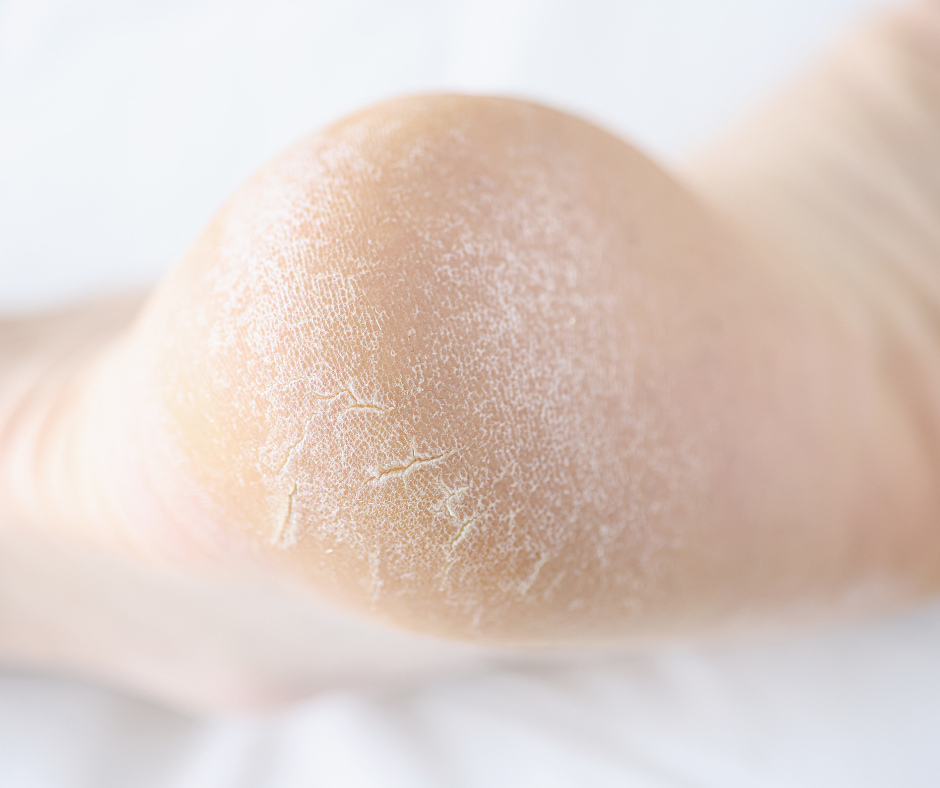
Cracked heels, though common, can be more than just a cosmetic concern. They often indicate underlying health issues that require attention—so getting them checked out is imperative for your foot health and wellness. In this blog post, Syracuse Podiatry delves into the various conditions that cracked heels can signify and offers insights on how to address them for optimal foot health.
Dry Skin:
- Dry, flaky skin is a leading cause of cracked heels, especially in climates with low humidity or due to excessive exposure to water and harsh soaps.
- Look for moisturizing creams or ointments containing ingredients like urea or lactic acid to hydrate the skin and prevent further cracking.
Fungal Infections:
- Fungal infections thrive in warm, moist environments, making cracked heels susceptible to conditions like athlete’s foot.
- Treat fungal infections with over-the-counter antifungal creams or consult a healthcare professional for prescription-strength medication if the condition persists.
Psoriasis:
- Psoriasis, an autoimmune condition, can cause thick, scaly patches of skin on the feet, leading to painful cracks and fissures.
- Consult a dermatologist for proper diagnosis and management of psoriasis, which may include topical treatments and oral medications.
Eczema:
- Eczema can cause dry, itchy skin that may crack and bleed, particularly in the heels, where friction and pressure are common.
- Manage eczema flare-ups by avoiding irritants, using moisturizers, and following a skincare routine recommended by a dermatologist.
Diabetes:
- People with diabetes are prone to dry skin and impaired wound healing, increasing the risk of developing diabetic foot complications like diabetic neuropathy and foot ulcers.
- Monitor blood sugar levels regularly and seek prompt medical attention for any foot issues to prevent serious complications.
Vitamin Deficiencies:
- Vitamin E, vitamin B3 (niacin), and zinc deficiencies can contribute to dry, cracked heels.
- Incorporate nutrient-rich foods into your diet or consider supplements under the guidance of a healthcare provider to address deficiencies.
If you need advice and guidance in determining what’s causing your cracked heels, the experts at Syracuse Podiatry are here to help evaluate your condition! Contact us today so Dr. Ryan L. D’Amico, Dr. Donal M. Erickson, Dr. Keith Sherman, and Dr. Nicholas Cronin can help your feet feel their best.
